In the Pahang region of Malaysia, thousands gather daily outside a mosque to break their fast during Ramadan. However, what sets this community apart is their innovative approach to tackling food waste, as reported by AFP.
After breaking their fast, the leftover food is collected and processed into fertilizer with the help of a machine located in Kuantan city. This machine, operated by a government initiative, processes 25 kg of food waste daily by mixing it with wood powder and rice bran for 48 hours. The resulting fertilizer is then packaged and distributed to farmers in the region.
This sustainable solution not only addresses food waste but also promotes environmentally friendly farming practices. Malaysia generates approximately 13 thousand tons of excess food waste daily, a figure that rises during Ramadan. By converting this waste into fertilizer, the project not only provides a valuable resource for farmers but also raises awareness about the importance of reducing food waste.
Farmers like 53-year-old Julina Mohammad Nordin, who grows vegetables, bananas, and pineapples near the city, have benefited from this initiative. Julina receives 30 kg of fertilizer per month from the government project, allowing her to replace chemical fertilizers and improve her crop yield.
Julina emphasized the positive impact of the fertilizer on her farm, noting increased yields and reduced reliance on harmful chemicals. This project highlights the potential of sustainable practices to transform agricultural landscapes while addressing pressing environmental challenges.



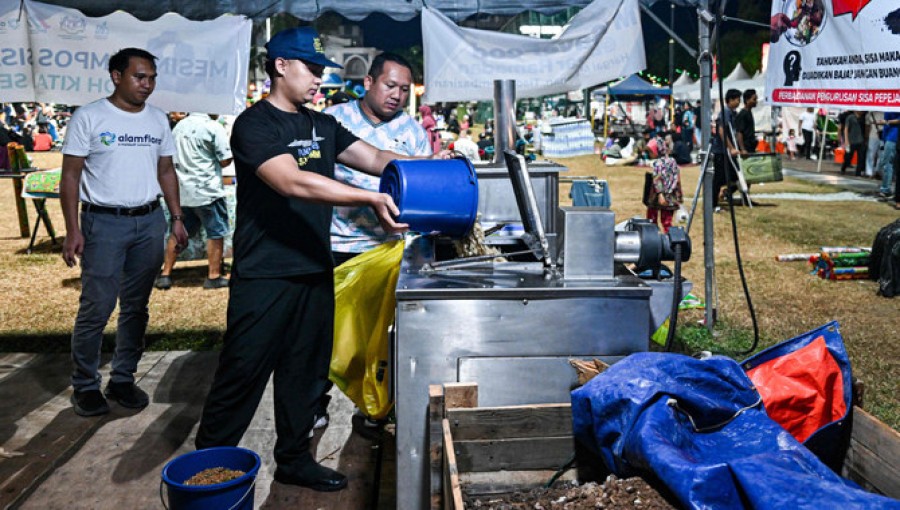
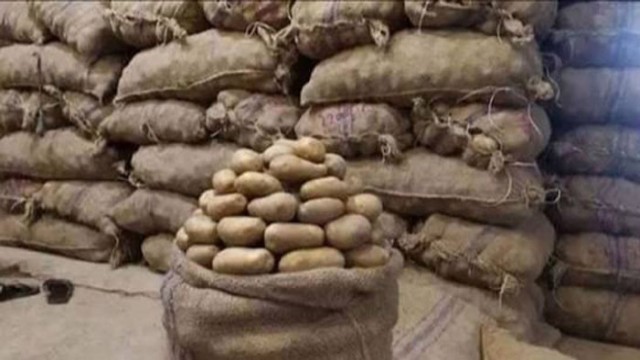
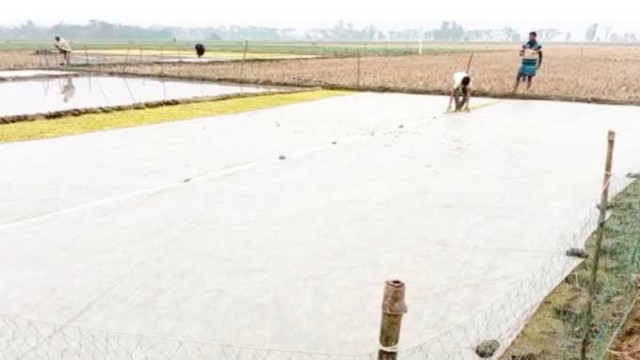
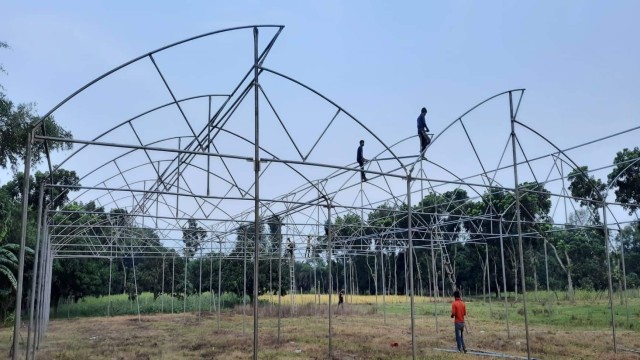
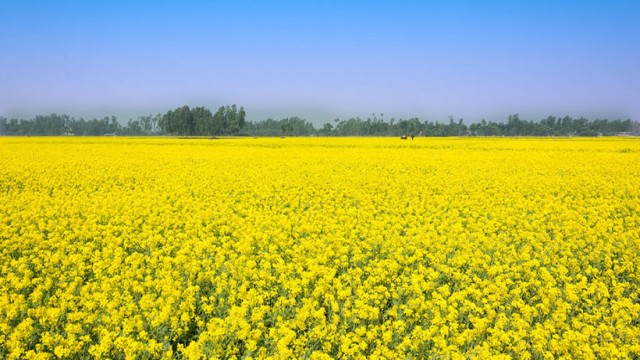
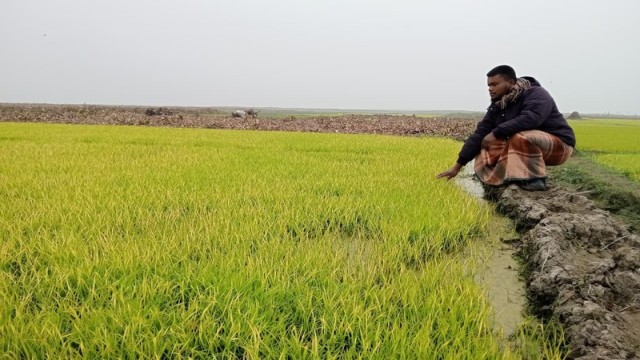
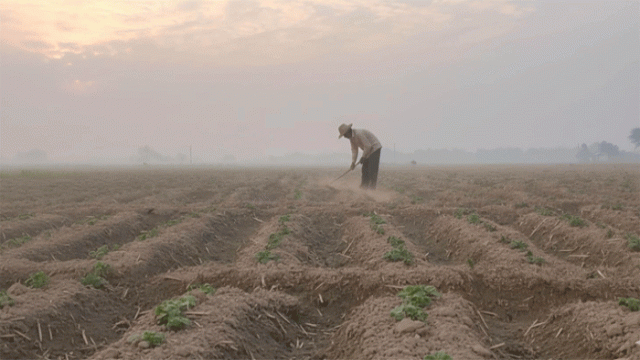

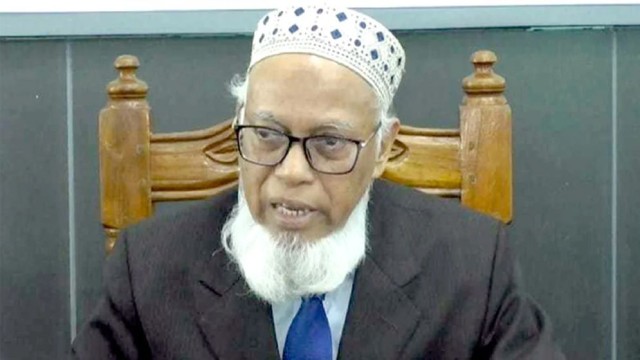

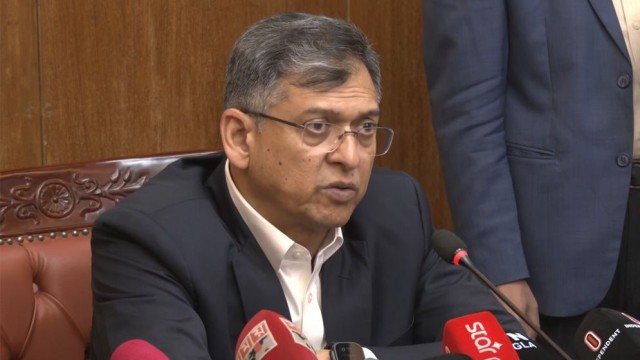
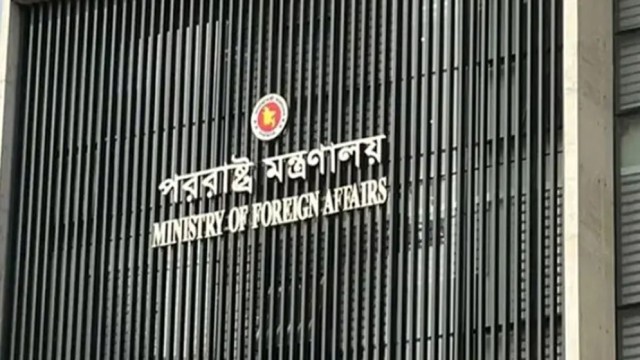

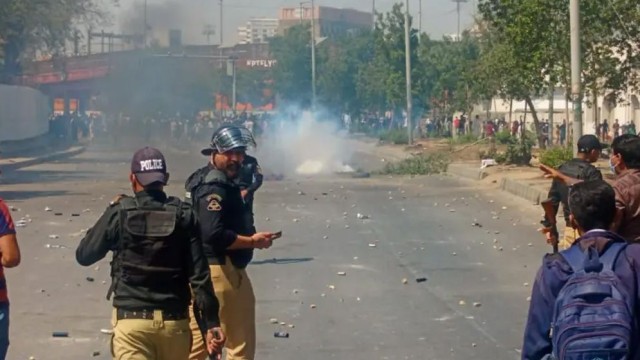
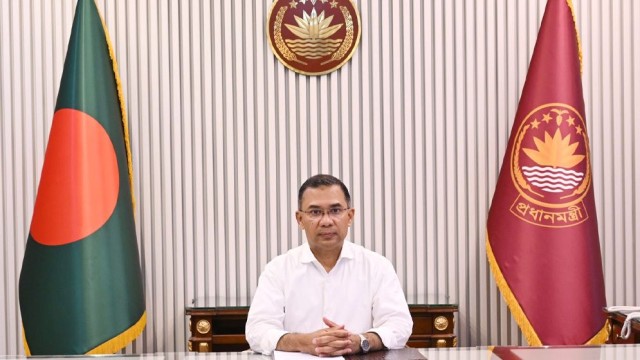
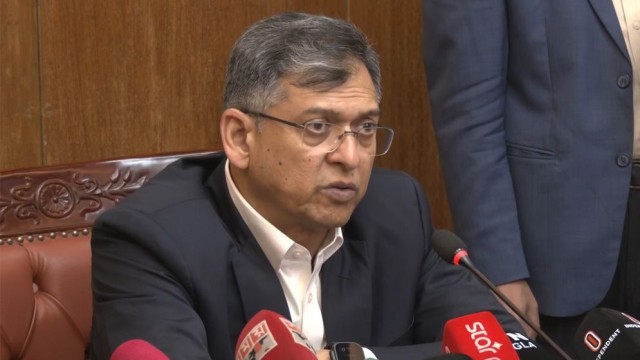
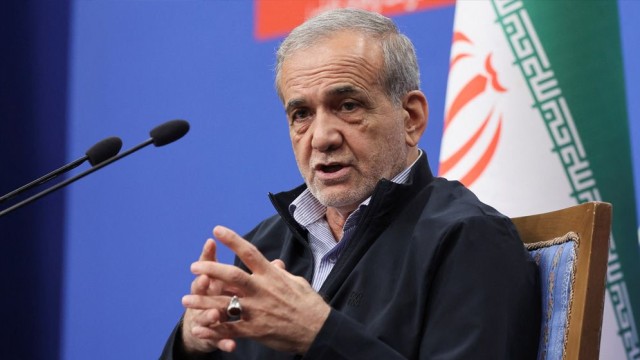










Comment: